FGM summit: Cameron calls for end 'in this generation'
- Published
Prime Minister David Cameron: "We are dealing with a preventable evil"
David Cameron has said female genital mutilation (FGM) and childhood forced marriage should be stopped worldwide "within this generation".
Speaking at a global summit in London, the prime minister said Britain had no "special magic" to stop the practices - so global action was needed.
Mr Cameron has also unveiled measures, external to tackle FGM in England and Wales.
As part of this, parents will face prosecution if they fail to stop their daughters undergoing FGM.
The domestic changes will not apply in Scotland or Northern Ireland, but governments there said they had their own plans to tackle FGM.
'Power of convening'
Mr Cameron told the Girl Summit the existence of the practices were "standing rebukes to our world".
"It is absolutely clear about what we are trying to achieve," he said.
"It is such a simple but noble and good ambition and that is to outlaw the practices of female genital mutilation, and childhood and early forced marriage, to outlaw them everywhere for everyone within this generation."
He said the summit was intended to use the "power of convening people to come up with ideas and commitments to outlaw these practices".
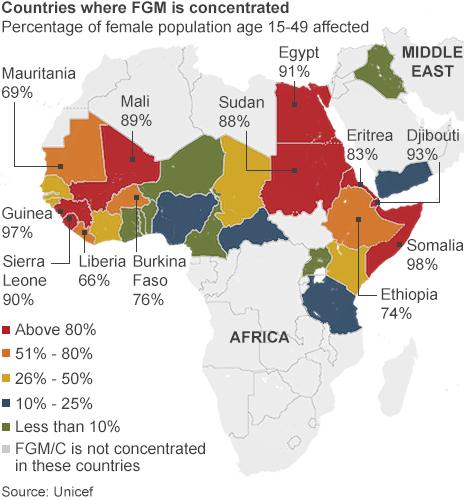
Hosted by the UK government and children's charity Unicef, the summit is being attended by international politicians, campaigners including the Pakistani teenager Malala Yousafzai, and women who have undergone FGM.
The summit is also looking at ways to end forced marriage.
'Big challenge'
Phumzile Mlambo-Ngcuka, executive director of UN Women, said the situation was improving but many girls remained at risk.
"The fact that 30 million girls are at risk of being cut in the coming years clearly means that we have a big challenge on our hands," she said.
Priscilla Karim, who was forced to undergo FGM in Sierra Leone aged nine, described her ordeal.
She said: "I felt the worst pain of my life and a heavy object sitting on my chest and I just passed out.
"It's like a taboo, they don't tell you about it. You cannot tell anybody."

Female genital mutilation
Includes "the partial or total removal of the female external genitalia or other injury to the female genital organs for non-medical reasons"
Practised in 29 countries in Africa and some countries in Asia and the Middle East
An estimated three million girls and women worldwide are at risk each year
About 125 million victims estimated to be living with the consequences
It is commonly carried out on young girls, often between infancy and the age of 15
Often motivated by beliefs about what is considered proper sexual behaviour, to prepare a girl or woman for adulthood and marriage and to ensure "pure femininity"
Dangers include severe bleeding, problems urinating, infections, infertility and increased risk of newborn deaths in childbirth
In December 2012, the UN General Assembly approved a resolution calling for all member states to ban the practice

It is estimated that up to 137,000 women and girls living in England and Wales could have undergone FGM.
It has been illegal across the UK since 1985, but the first prosecutions - which are currently ongoing - were not until this year.
Government measures to tackle FGM in the UK (except Scotland) include:
Training for teachers, doctors and social workers to identify and help girls at risk
Lifelong anonymity for victims
New guidance for police on handling FGM cases
A £1.4 million prevention programme, in partnership with NHS England, to care for survivors and safeguard those at risk
A new specialist FGM service which will include social services, to "proactively identify and respond to FGM"
The Scottish government said it would "carefully consider" Mr Cameron's announcement to "establish what steps could be applied" to protect women and girls there.
It said it was already working with the police, NHS and other organisations to ensure a "comprehensive approach to FGM in Scotland".
Northern Ireland authorities said new guidelines on FGM, external had just been published, and work was being done to "give effect to the guidelines and raise awareness of the issues".
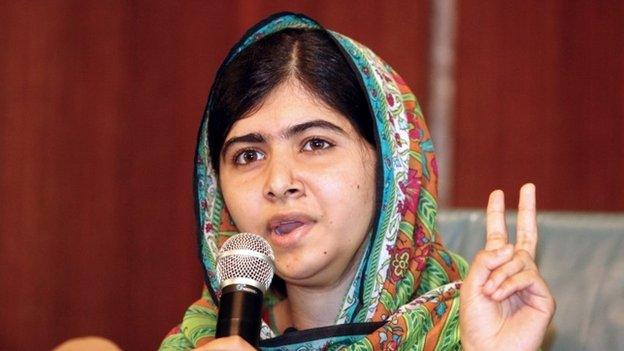
Pakistani teenager Malala Yousafzai is expected at the summit
An "international charter" calling for the eradication of FGM and forced marriage within a generation is also being unveiled, along with programmes to identify child and forced marriage in 12 developing countries.
Home Secretary Theresa May, Deputy Prime Minister Nick Clegg and Justine Greening, the international development secretary, are also appearing at the summit.
MPs recently said the UK's failure to tackle FGM was a "national scandal", and that failures by ministers, police and other agencies had led to the "preventable mutilation of thousands of girls".

Analysis
Jane Dreaper, BBC health correspondent
Female genital mutilation has become a prominent issue in the UK in the past couple of years.
No one knows for sure how many women and children here are affected.
But ministers have underlined that it is a form of child abuse - and the UK should do all it can to prevent it.
The prime minister is keen to demonstrate leadership on global issues beyond his increased spending on foreign aid, which has proved controversial at times.
Today's summit aims to eradicate FGM and child or forced marriage within a generation.
Is this doable? Summits like these sometimes fail to achieve their stated aims - but even when targets are not reached, there is still a sense of momentum and progress.
And that could make a significant difference to the lives of thousands of girls worldwide.

Unicef said 250 million women and girls alive today were married before the age of 15.
Executive director Anthony Lake said: "The numbers tell us we must accelerate our efforts."
FGM and child marriage
130m
have undergone FGM
-
29 countries in Africa and the Middle East practise FGM
-
33% less chance a girl will be cut today than 30 years ago
-
But rising birth rate means more girls in total are affected
-
250m women worldwide were married before age of 15
- Published22 July 2014

- Published22 July 2014

- Published22 July 2014
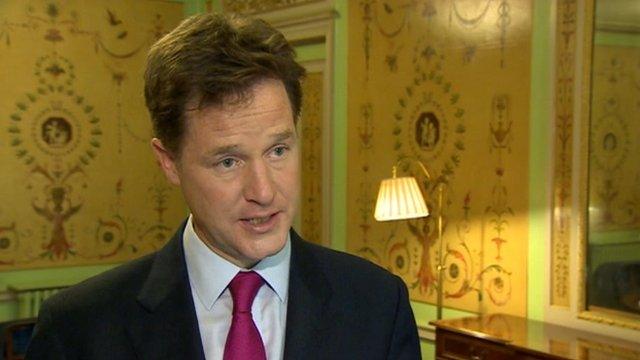
- Published22 July 2014
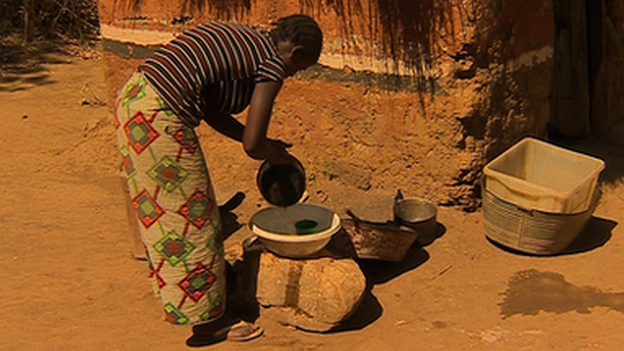
- Published22 July 2014
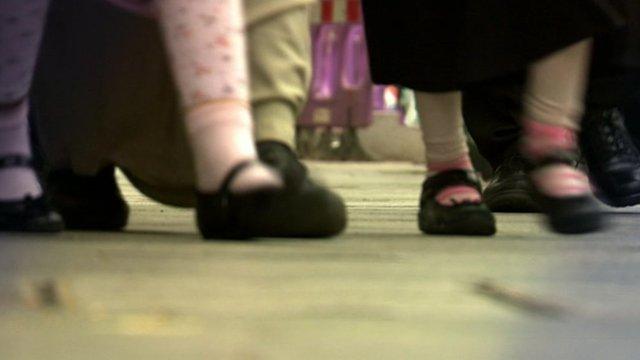
- Published3 July 2014
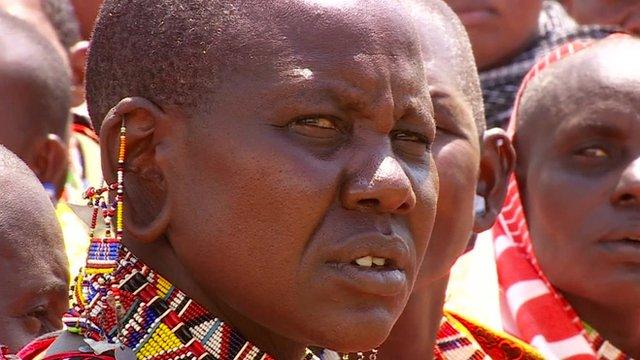
- Published3 July 2014

- Published19 March 2014
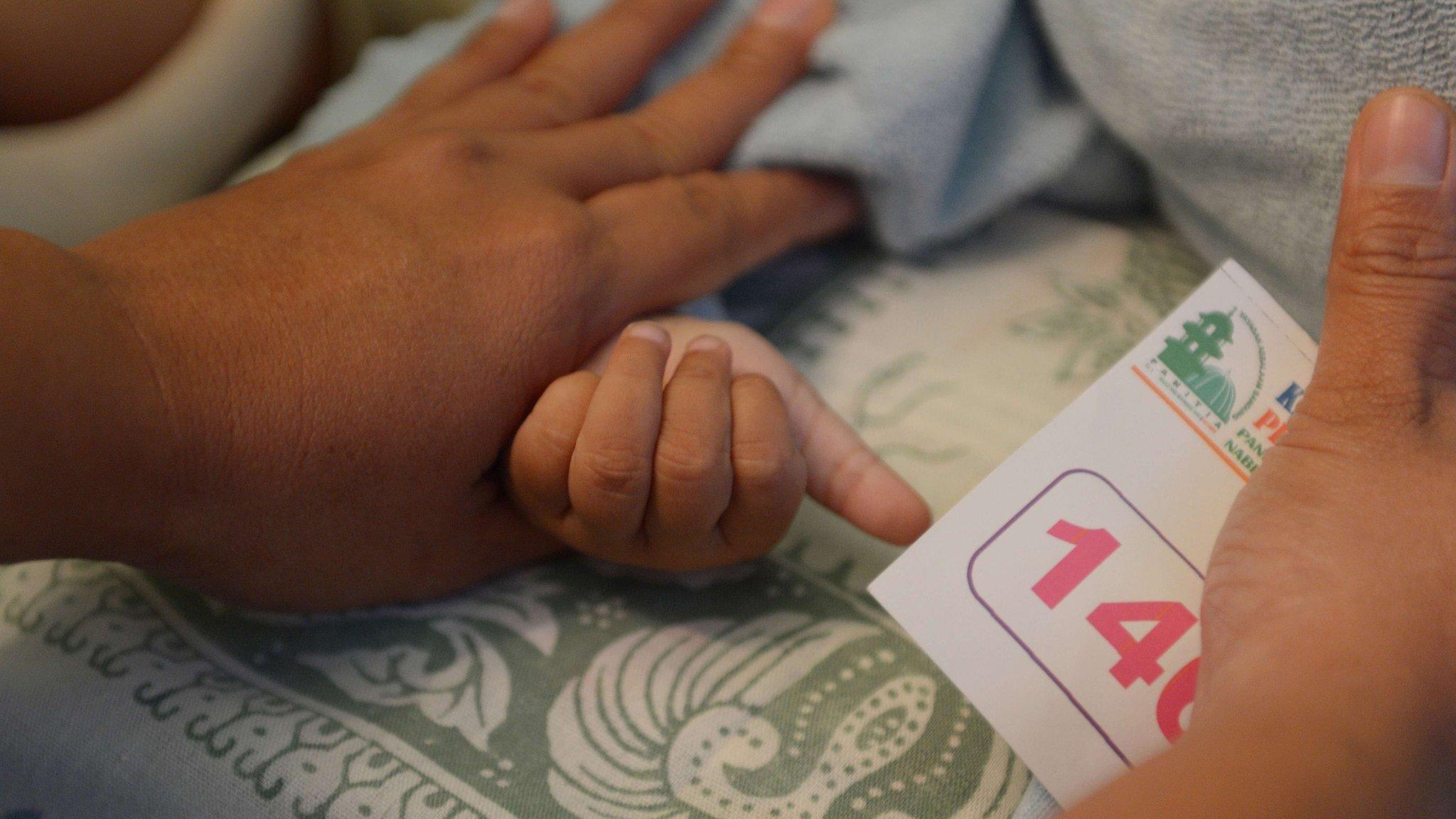
- Published5 February 2014
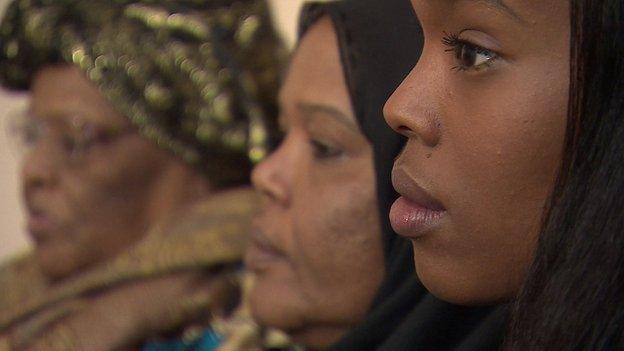
- Published16 April 2014
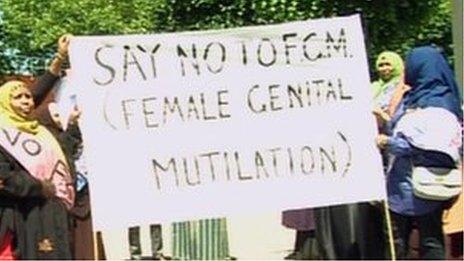
- Published4 June 2014
